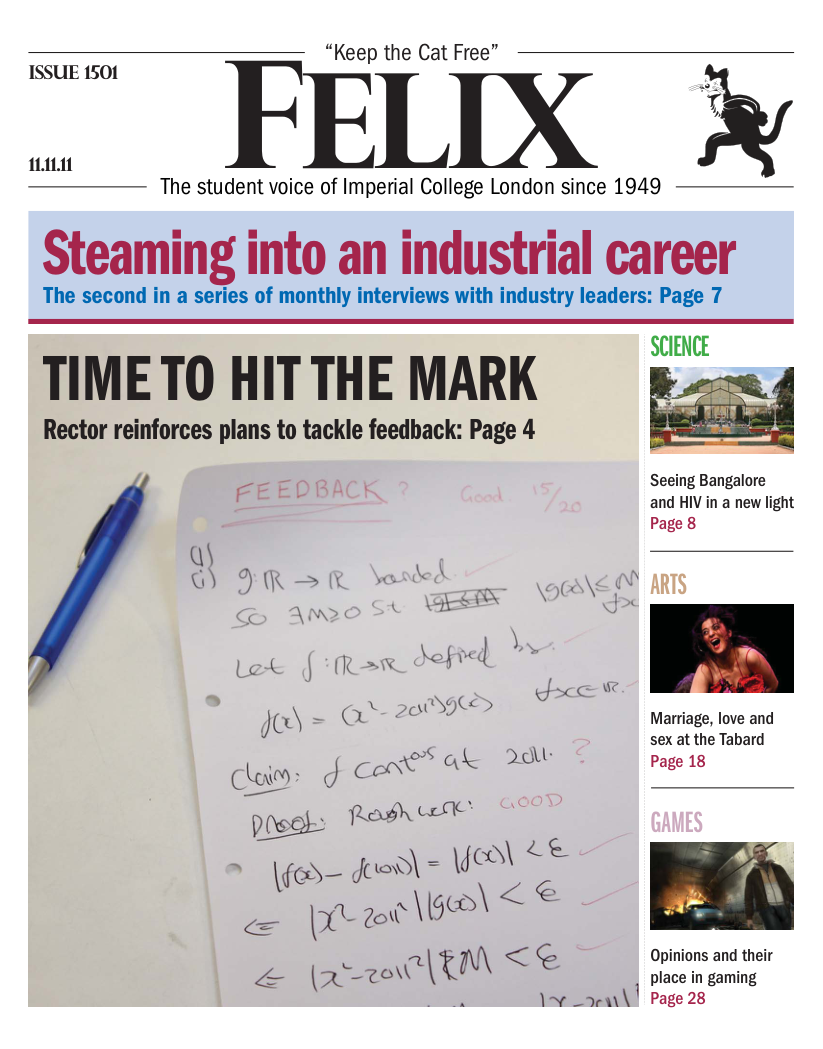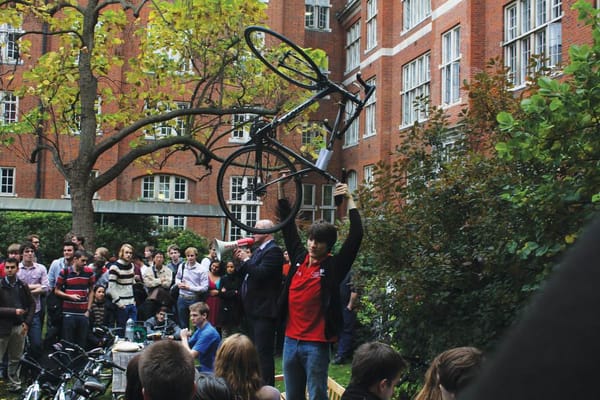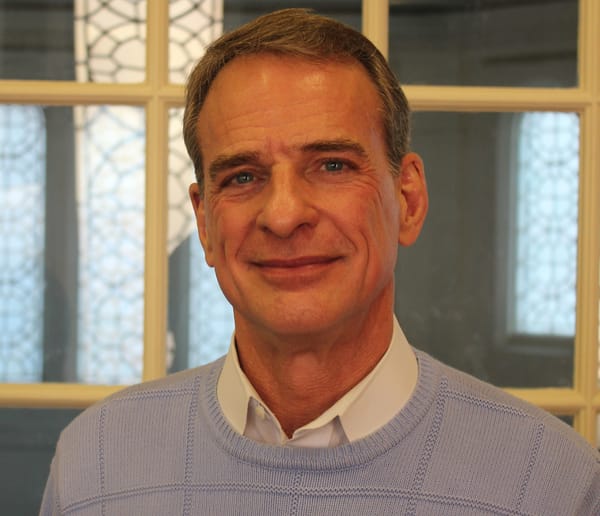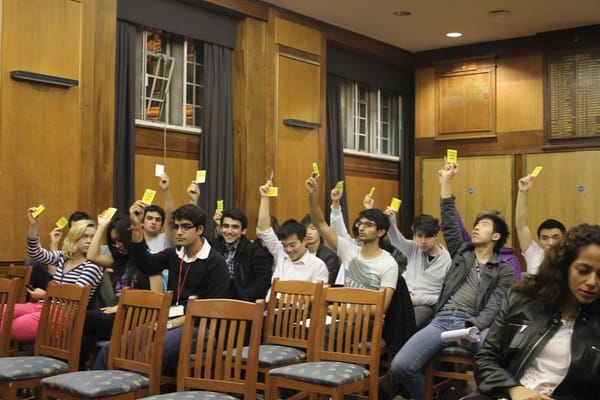What’s it all about?
College Chaplain Andrew Willson introduces the Chaplaincy – a welfare service for Imperial students

"Chaplaincy is really about conversation,” is the way a student once put it. Chaplaincy is a faith based welfare service for students. We seek to provide hospitality, support, reflection and dialogue around belief, religion, faith and spirituality. What that actually means is different types of ‘conversations’.
Some conversations are quite straightforward. These are responses to clear religious needs – ‘I have just moved flat where is my nearest mosque/temple/church?’ or ‘I would like to find out more about my religion – can I meet with the Faith Advisor?’ or ‘Are there prayer rooms I can use?’
In a community like Imperial there is a massive range of beliefs about the ‘big questions of life
To reflect the diversity of religious views held by members of Imperial, the Chaplaincy has a team of Chaplains and Faith Advisors for a variety of world faiths: Jewish, Christian, Muslim, Hindu and Buddhist. The Chaplaincy Centre has space for meetings and worship. We have quiet places in Beit Quad and Princes Gardens for meditation or prayer.
For those who want to explore a particular faith practice, Chaplaincy provides opportunities for meditation from Christian, Buddhist, and Hindu traditions.
Chaplaincy can also help with ‘conversations about meaning’. In an international academic community like Imperial there is a massive range of beliefs about the ‘big questions of life’. These include, among others, ‘Why we are here?’ ‘What constitutes a person?’ ‘Where do we find meaning?’ ‘Do meanings have a lasting value?’ ‘Why do bad things happen?’ and ‘Is there a God/god? And if there is what does that mean?’
These questions are not just intellectual questions. Some of these questions relate to how we see and treat others. These influence our relationships, our professional ethics and our politics. The questions of purpose may influence how we see our work and career choices. And these apparently intellectual questions can have emotional dimensions about trust, hope, fear and desire.
The Chaplains have time for very open reflective conversations that allow us to do our thinking out loud. These conversations are confidential and respectful of the person’s worldview. Sometimes highly creative conversations occur because of great differences in religious and philosophical outlook. Rooted in our own traditions, we offer space for open reflective conversation to anyone who wants to use it.
Increasingly, Chaplaincy is involved in conversations between people from different religious traditions. This is about learning firsthand about other people’s beliefs and practice. It is also about becoming skilled at handling divergent and conflicting views. This kind of conversation is now trying to create new and positive engagement between religious and humanist perspectives. (See Rory Fenton’s Guardian Online Comment at bit.ly/nJEJxI).
The other emerging conversation of our time is with those who describe themselves as ‘spiritual but not religious’. With students at the Royal College of Art we now have a non-religious meditation time. This uses simple methods of self awareness that allows people from different backgrounds to share silence and stillness (and is open to Imperial students).
Good conversation is one that can bring change and growth to both conversation partners.
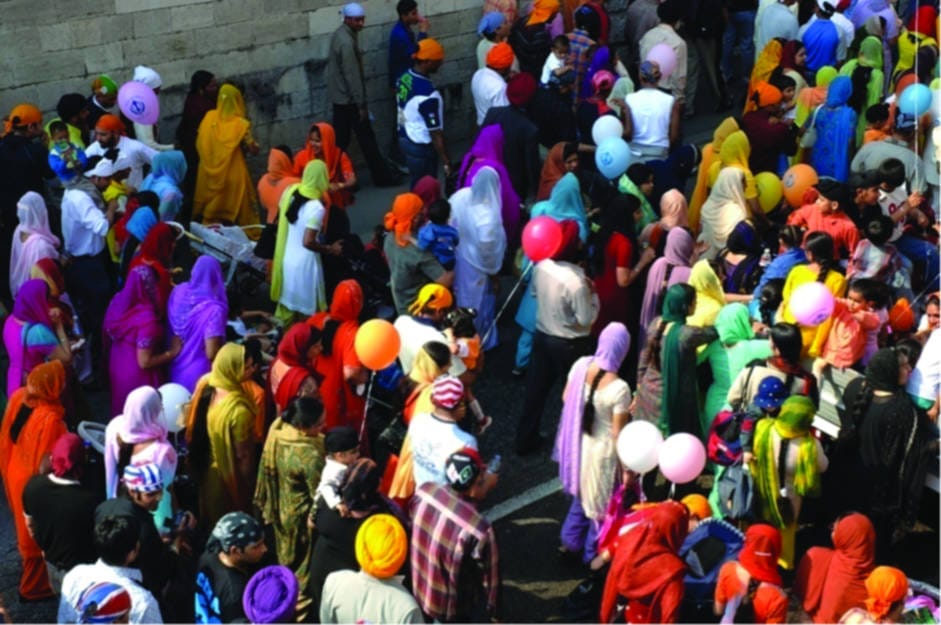
Conversations with students and colleagues from different religious and secular perspectives have shown me that my own faith is not about intellectual certainty but about deeper relationships of trust. In the Chaplaincy we are open for conversation. So if you want to talk about Nietzsche and the death of God, or you want to try Indian cooking with our Hindu Chaplain, or walk a labyrinth, or try interfaith discussion, or talk about medical or engineering ethics, or sing carols, or talk about your anatomy classes, or if you have a really weird dream and want to change career, or to find new ways to pray, or talk about someone who has died, or if you want to find out about the religion of the person you have just fallen in love with, or... as I say, we are open to conversation.
For more information about Chaplaincy conversations and experiments in religion, spirituality and faith see www.imperial.ac.uk/chaplaincy

